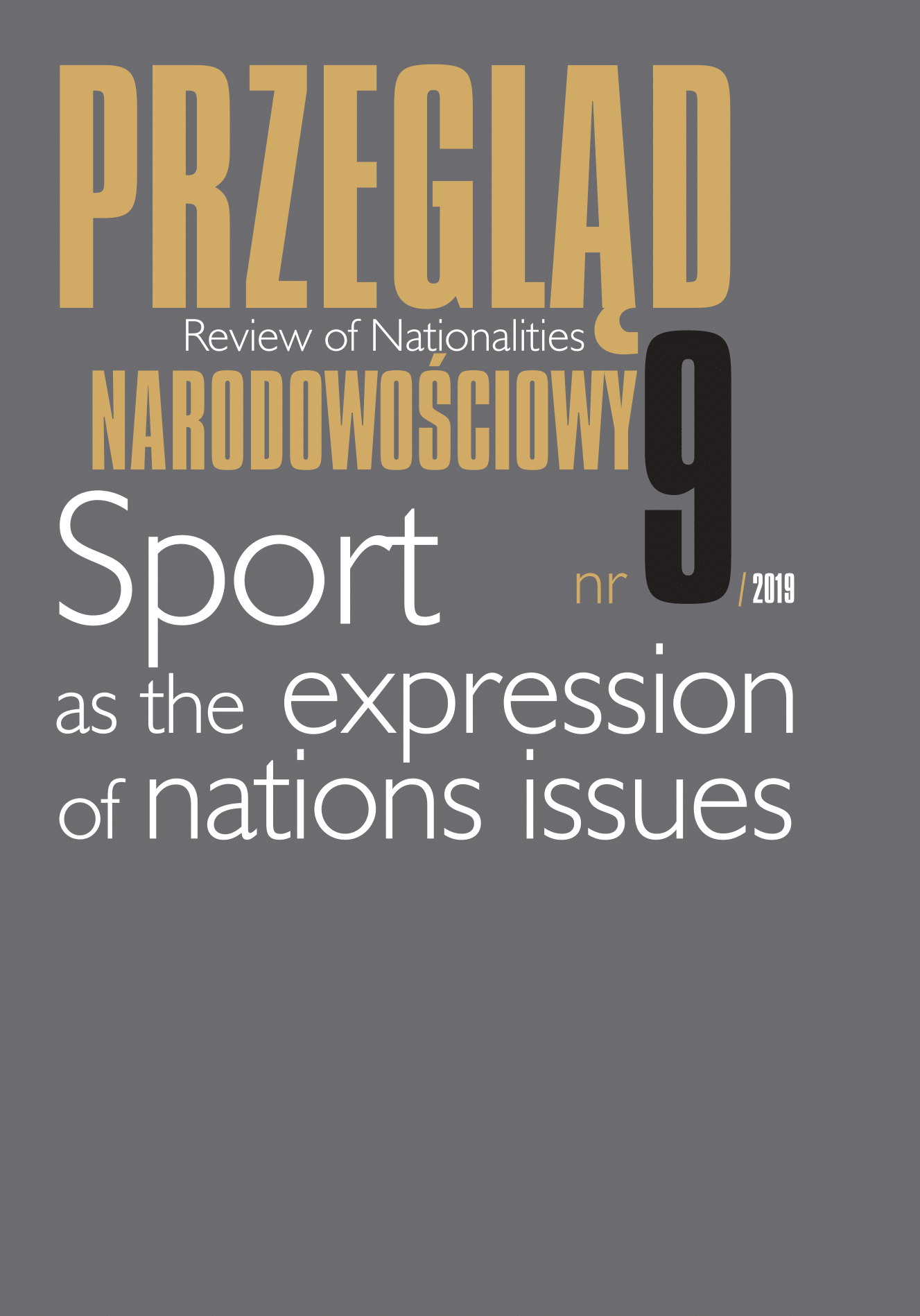Abstract
The author of the article undertakes an attempt to establish the reasons and manifestations of the increased importance of the religious factor in the policy of contemporary Turkey, as well as to capture the transformations taking place in Turkish religious policy. The author believes that the last-mentioned process strictly corresponds to the phenomena of withdrawal from the model of nonreligious autocracy which was one of the main characteristics of Kemalism in favour of the model of a country which is de facto religious. This, in turn, becomes the emblem of Neoosmanism. The parliamentary and presidential elections of June 2018 confirmed the success of the AKP and Erdoğan, and determined the transition of Turkey from the parliamentary system to the presidential system. At that time, there is a propaganda offensive combining nationalist and Islamic slogans. The tangible proof of Turkey’s re-Islamization is the radical increase in the importance of Diyanet – the ministry of religious affairs. This institution also serves foreign policy, often referred to as mosque policy, due to the fact that its focus is put on marking the greatness of the Islamic Turkey around the world. In the research procedure, a method of critical analysis of the content of studies and the available sources were used.

